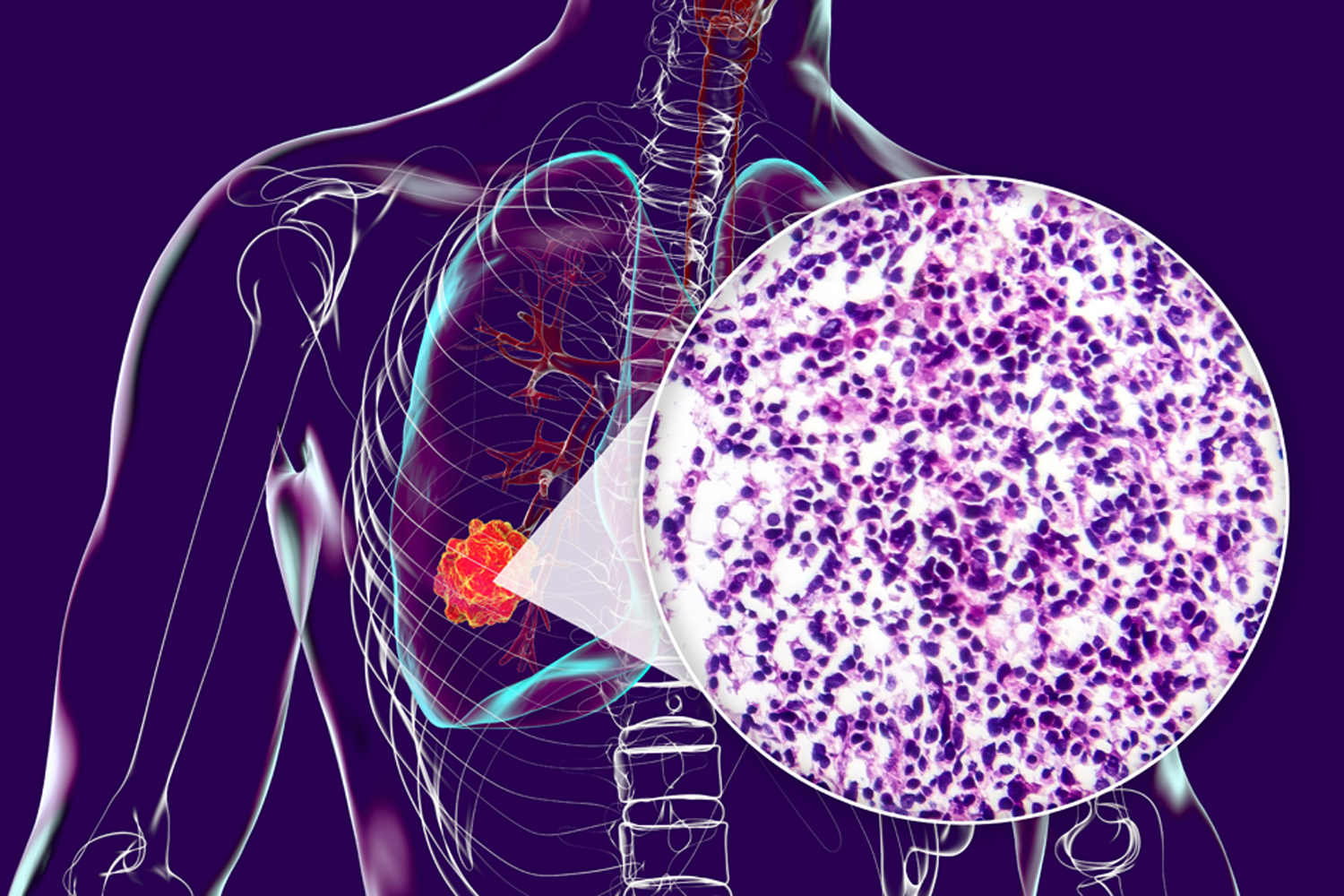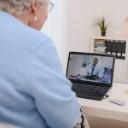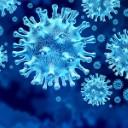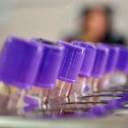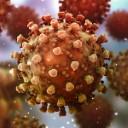-
Cancer and Older Adults: Can Oncologists Do Better?
Geriatric assessment reduces toxicity from treatment and improves quality of life in older adults with cancer.
by Marci A. Landsmann
-
Why Skip a Dose?
A survey of over 1,000 breast cancer patients prescribed endocrine therapy sheds light on low adherence.
by Emma Yasinski
-
Trials Interrupted
COVID-19 slowed or stopped enrollment in some cancer clinical trials.
by Kate Yandell
-
Cancer Care Moves Forward Amid COVID-19
Following the arrival of the coronavirus in the U.S., people with cancer and their doctors are adjusting to new ways of doing things while continuing to seek and provide cancer care.
by Kate Yandell
-
Registries Report on COVID-19 and Cancer
Data shed light on risk factors for death among people with cancer infected with the coronavirus.
by Kate Yandell
-
International Perspectives on COVID-19 and Cancer
Researchers from around the globe share insights into the outcomes of people with cancer who are infected with the coronavirus.
by Bradley Jones
-
Tests Spot Signs of Cancer in the Blood
At the AACR Virtual Annual Meeting I, researchers presented data on blood tests that aim to supplement current cancer screening and speed up diagnosis.
by Kate Yandell
-
Tumor Testing May Help Guide Pancreatic Cancer Treatment
For a small group of pancreatic cancer patients who were able to receive therapies targeting the molecular alterations in their tumors, these matched therapies were associated with longer life.
by Cheryl Platzman Weinstock
-
Cancer Treatment During a Pandemic
People being treated for cancer may be at elevated risk of developing severe cases of COVID-19. The coronavirus is also affecting how cancer care is delivered.
by William G. Nelson, MD, PhD
-
Testing Cancer Patients for the Coronavirus
Cancer centers are taking advantage of their in-house molecular laboratories to selectively test certain cancer patients for the coronavirus.
by Anna Azvolinsky
Cancer Talk
Treatment Combination Improves Survival in EGFR-positive Lung Cancer
Adding chemotherapy to targeted therapy improves outcomes for people with advanced EGFR-positive non-small cell lung cancer.
by Sandra Gordon
Lessons From 20 Years Living With CancerMultiple myeloma survivor Jonathan Gluck reflects on uncertainty, and the scientific progress that has kept him living with cancer for more than two decades.
by Eric Fitzsimmons
The Enduring Importance of Cancer Disparities ResearchOpening session from AACR conference highlights how perseverance and adversity have informed cancer disparities research over the years.
by Eric Fitzsimmons
Most Cancer Survivors Don’t Meet Healthy Diet GoalsDespite research linking fruits and vegetables to cancer survival, many people do not change their eating habits after diagnosis.
by Darlene Dobkowski

